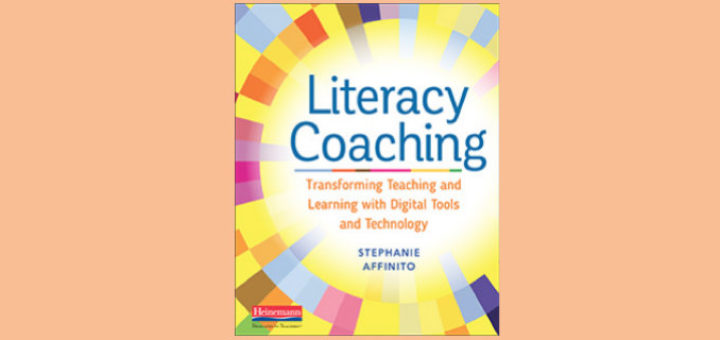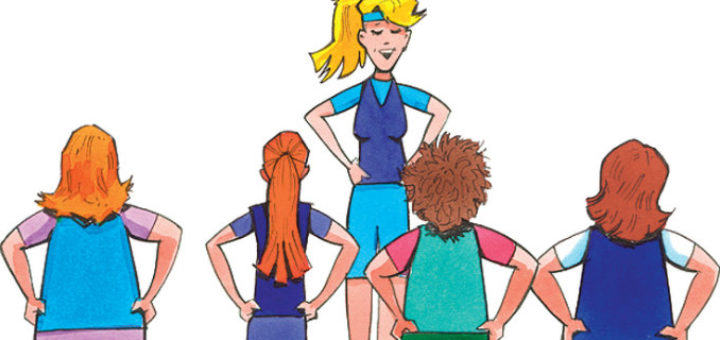Tagged: professional development
Reading Stephanie Affinito’s Literacy Coaching can benefit classroom teachers as well as literacy coaches, writes educator Kathleen Palmieri. In addition to covering learning communities, PD, and collaboration, the book offers extensive digital resources to boost student learning.
Each year Cheryl Mizerny looks forward to exploring her options for summertime learning. As you relax, reflect and look ahead to a new school year, try out some of her ideas for do-it-yourself professional development. They run the gamut from PJ’s to PD with Friends.
The elements of good instruction can be found in many experiences that are already a part of daily life. NBCT Roxanna Elden suggests real-life activities that might improve teaching more than the PowerPoint-driven professional development in the auditorium.
Ongoing shared professional learning helps bolster teachers’ willingness to embrace change and collaborate. Barbara Blackburn and Ron Williamson highlight three targeted activities: learning walks, lesson studies, and a strategy to develop consistent expectations.
Done right, teacher coaching “can create bridges between varied experiences and classroom contexts, so that teaching knowledge flows in many directions, and teaching becomes a less isolated, more connected profession.” Ariel Sacks shares two lessons she learned early on.
Kevin Hodgson’s summer PD was packed with learning. His required online certification course moved in one direction – from the screen to his eyes. His Connected Learning MOOC featured creativity, collaboration, and fun. Just what he wants for his students this fall.
Literacy coach Shawna Coppola urges us to rethink the familiar start-of-year writing activity – the personal narrative. In its place she suggests a framework of ideas to free students to write about what interests them. As we try new approaches, we also renew ourselves.
In Handbook on Teacher Portfolios, longtime education researchers Tucker, Stronge, and Gareis present a comprehensive case for using teacher portfolios for teacher evaluation and professional learning. Highly recommended by writing project director Diana Grady.
Jennie Magiera urges teachers to launch edventures, pursuing innovations that boost student engagement, build class culture, differentiate, promote digital citizenship and more. Laura Von Staden also likes Magiera’s plentiful ideas about professional learning.
The second edition of John F. Barell’s “Why Are School Buses Always Yellow?” shows teachers how they can inspire young minds to think beyond the text, to ask questions and to wonder, achieving inquiry learning while meeting standards, says reviewer Linda Biondi.


















